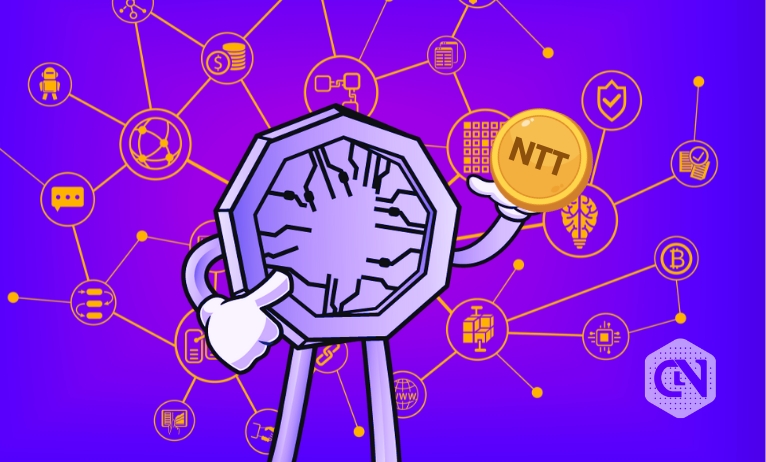Wormhole introduced NTTs, that is, Native Token Transfers. The functionality aims to boost interoperability and cross-chain transfers, enabling developers to come up with more innovative cross-chain protocols. It is interesting that tokens do not lose their behavior after the transfer. Developers remain in control over the factor as Wormhole attempts to stand by its commitment to technical expertise, community alignment, and ethical principles.
NTTs have been defined as a framework that is flexible, open, and composable when it comes to transferring tokens across blockchains. At its core is the objective of preserving the intrinsic properties of the token. The three factors that can be controlled are ownership/upgradability, and customization, along with metadata.
Wormhole has focused on a total of six key features: unified multichain UX, no LPs, integrator flexibility, broad composability, custom token deployment, and defense-in-depth security.
For starters, tokens do not lose their intrinsic properties. Instead, they retain them and enable the creation of an authentic token. An absence of LPs, that is, liquidity pools, helps users execute the transfer without relying on LP fees, MEV risk, and slippage. Simply put, the token transfer is more seamless than before.
What makes NTT broadly composable is its nature of being open-source. Projects can leverage the capabilities of the NTT framework to support customized and unique functionality.
Integrator Flexibility boosts maintenance of ownership and authority to push for an upgrade. The flexibility extends to enabling NTT to join hands with any protocol governance process or token contract. Also, NTT pushes for the availability of customized tokens.
Custom token deployments and defense-in-depth security feature custom verifiers and inbound/outbound configuration, respectively. Custom token deployment further features flexible attestation to meet unique requirements. Defense-in-depth security leverages Guardians to make sure that integrity checks are in the right place.
The cross-chain token transfer takes security and efficiency in three ways: Wormhole Messaging, Security Features, and Custom Attestation.
Wormhole messaging has the historical trend of backing more than 1 billion secure cross-chain messages. These are utilized to grow one’s projects as quickly as possible. Next, security features like access controls and configurable rate-limiting help NTT implement advanced security. It also entails a global balance accounting integrity checker.
Custom attestation includes the addition of custom message verification. This feature is on top of the Wormhole Guardians.
Wormhole’s NTT eventually seeks to enable seamless token transfers across blockchains, hence increasing interoperability. Developers may access the lock mode to preserve the intrinsic principles. Developers can use NTT to enhance the multichain functionality and UX. Wormhole has published NTT, per the official announcement, and users can access the functionality for full multichain potential.
The development comes almost a week after Wormhole announced it was expanding its ecosystem by adding AMD to it. AMD is tasked with providing hardware accelerators and technology expertise to scale the platform.
Credit: Source link
































